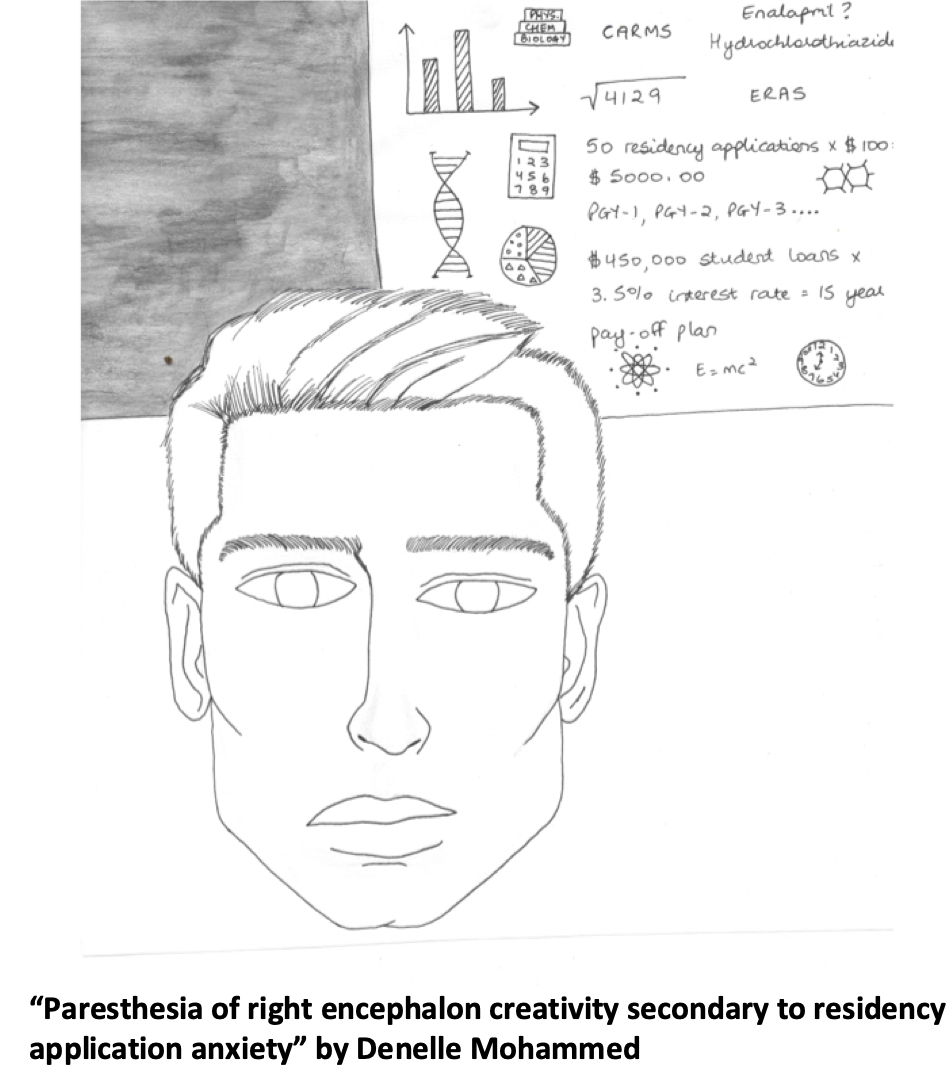Scholarly activity as a selection criterion in the Canadian Residency Matching Service (CaRMS): A review of published criteria by internal medicine, family medicine, and pediatrics programs
DOI:
https://doi.org/10.36834/cmej.69094Abstract
Background: Undergraduate medical students seek as much information as possible as to how residency programs select candidates. The Canadian Residency Matching Service (CaRMS) website is one of their primary sources of information. Students may be more competitive in the match if they know whether scholarly activity is used in the selection process by their preferred programs, as described on the CaRMS website..
Methods: For all 17 Canadian faculties of medicine, 2019 R1 entry internal medicine, family medicine and pediatrics program descriptions were reviewed on the CaRMS website looking for keywords related to scholarly activity.
Results: Forty-one percent of family medicine, 65% of internal medicine and 71% of pediatric programs explicitly stated having interest in applicants with scholarly experience. In Western Canada, 80% of internal medicine and 60% of pediatrics programs included scholarly activity in their CaRMS description of criteria considered in ranking applications. Similarly, in Ontario, 66% of internal medicine and 83% of pediatrics programs mentioned scholarly activity as a valuable quality. In Quebec 100% of family medicine and 50% of pediatrics programs include scholarly activity in their descriptions. Pediatrics and internal medicine programs (100%) in Atlantic Canada mentioned scholarly activities but neither of the two Atlantic Canada internal medicine programs mentioned scholarly activities.
Conclusion: Undergraduate medical students can use this project to prioritize extracurricular activities and scholarly work to be competitive for application to family medicine, internal medicine and pediatrics residency programs.
Downloads
Published
How to Cite
Issue
Section
License
Submission of an original manuscript to the Canadian Medical Education Journal will be taken to mean that it represents original work not previously published, that it is not being considered elsewhere for publication. If accepted for publication, it will be published online and it will not be published elsewhere in the same form, for commercial purposes, in any language, without the consent of the publisher.
Authors who publish in the Canadian Medical Education Journal agree to release their articles under the Creative Commons Attribution-Noncommercial-No Derivative Works 4.0 Canada Licence. This licence allows anyone to copy and distribute the article for non-commercial purposes provided that appropriate attribution is given. For details of the rights an author grants users of their work, please see the licence summary and the full licence.










